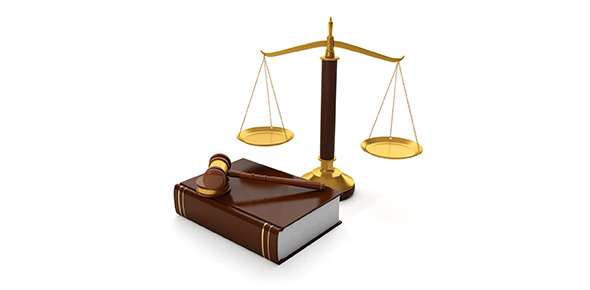Related Flashcards
Cards In This Set
| Front | Back |
|
What does the 1st Amendment guarantee?
|
Freedom of speech, press, religion, the right to peacefully assemble and to petition the Government for a redress of grievances.
Supreme Court Case: Tinker v. Des Moines School District--Students were punished for wearing black armbands protesting the Vietnam War in 1969. The Court ruled that "students may express personal opinions as long as they do not materially disrupt classwork, create substantial disrorder, or interfere with the rights of others." In this case, the wearing of armbands is a silent, passive expression of opinion and thus could not be constitutionally prohibited by the school.
|
|
What does the 2nd Amendment state?
|
That a well-regulated militia is necessary for a free State and the right of the people to keep and bear arms shall not be infringed.
|
|
What does the 3rd Amendment state?
|
No soldier shall be quartered in a home without the consent of the owner.
|
|
What do the 5th, 6th, 7th, and 8th Amendments state?
|
No one is to be forced to be a witness against himself nor be deprived of life, liberty and property, the accused have the right to a fair and speedy trial by an impartial jury, to be informed of the nature and cause of the accusation, to confront witnesses against him, the right to trial by jury is preserved when the sum exceeds twenty dollars, and shall not be subject to excessive bail and/or cruel and unusual punishment.
|
|
What does the 9th Amendment guarantee?
|
Certain unenumerated rights that shall not be construed to deny or disparage others retained by the people.
|
|
What does the 10th Amendment deal with?
|
Certain powers not named in the Constitution rest with either the States or the people.
|
|
What is contained in the 11th Amendment?
|
The judicial power of the United States shall not be construed to extend to any suit of law or equity, commenced or prosecuted against one of the United States by citizens of another state, or by citizens or subjects of any foreign state.
|






